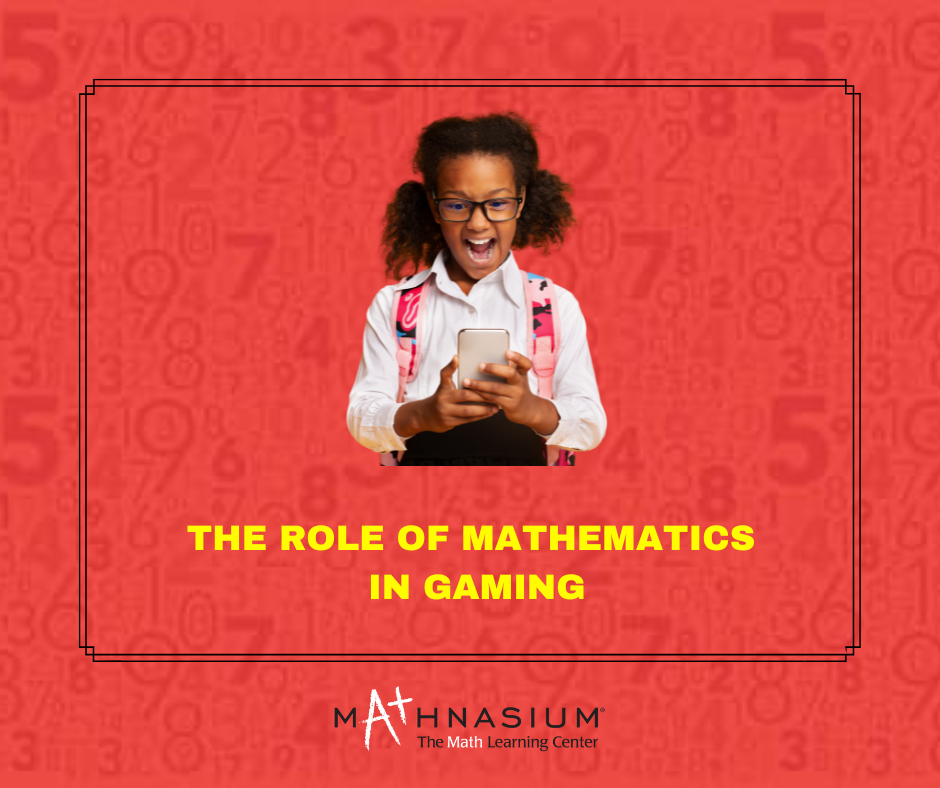Mathematics is a fundamental component of the gaming industry, playing a crucial role in various game development and design aspects. From creating realistic physics simulations to implementing complex algorithms for artificial intelligence (AI), math provides the foundation for immersive and engaging gaming experiences. Let’s explore some of the key areas where mathematics is applied in the world of gaming.
Physics and Simulation: Realistic physics simulations are essential for creating immersive gaming environments. Whether it's simulating the motion of objects, calculating collisions, or modeling fluid dynamics, mathematical equations form the basis of these simulations. Concepts such as kinematics, Newtonian mechanics, and calculus are used to model the behavior of objects in the game world, enabling developers to create lifelike interactions between characters, vehicles, and the environment.
3D Graphics and Rendering: In modern gaming, stunning visuals are a hallmark of success. Mathematics, particularly linear algebra, and geometry, plays a vital role in 3D graphics rendering. Transformations, such as scaling, rotation, and translation, position objects in the virtual world. Matrices and vectors help define the geometry of 3D models, enabling developers to create realistic lighting, shading, and perspective effects. By understanding mathematical concepts like matrices, quaternions, and vector calculus, game developers can bring virtual worlds to life.
Game AI and Algorithms: Artificial intelligence is crucial in creating engaging gameplay experiences. Game AI relies on mathematical algorithms to make intelligent decisions and simulate behaviors. Concepts like probability and statistics are used to create realistic enemy behavior, pathfinding algorithms, and decision-making processes. Additionally, graph theory plays a role in optimizing AI algorithms, ensuring efficient navigation and resource management within the game world. Mathematical models and algorithms help game developers strike a balance between challenging gameplay and an enjoyable user experience.
Game Balancing and Economy: Balancing gameplay and managing in-game economies are critical aspects of game design. Mathematical modeling and analysis help game designers fine-tune the difficulty level, ensuring a fair and enjoyable experience for players. Economies within games, such as resource management and virtual currencies, are carefully designed using mathematical principles to maintain equilibrium and prevent exploits. By employing mathematical tools like optimization and game theory, developers can create balanced and engaging gameplay mechanics.
Mathematics is an indispensable tool in game development, enabling designers and developers to create immersive and realistic gaming experiences. From simulating physics to designing 3D graphics, implementing AI algorithms, and balancing game mechanics, various branches of mathematics are utilized to shape the virtual worlds we explore. As technology advances and gaming becomes increasingly complex, mathematics will continue to be at the forefront of innovation, driving the evolution of the gaming industry and pushing the boundaries of what is possible in the virtual realm.











